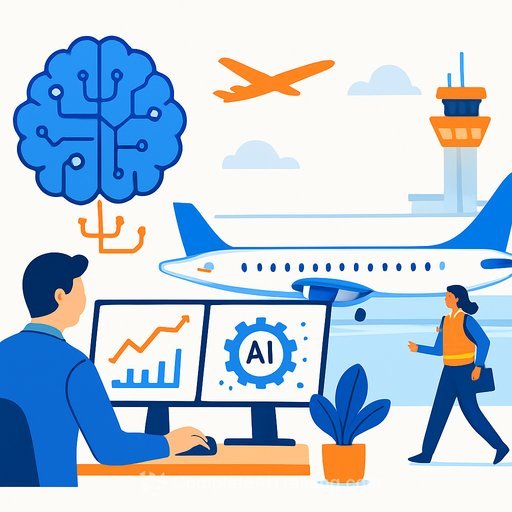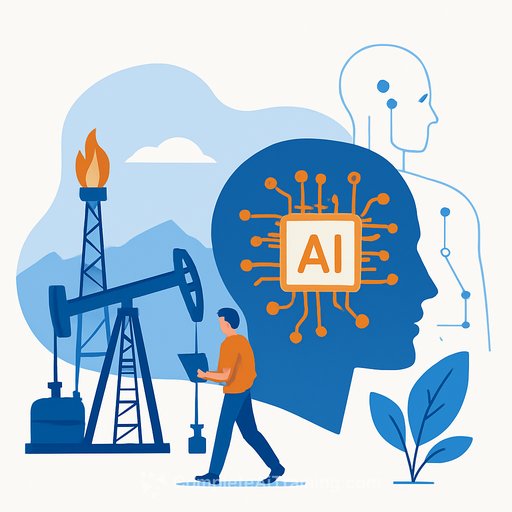Meta's AI Division Reorganization: Concerns and Implications
Meta is set to undergo its fourth major reorganization of the AI division within just six months. The company plans to split its Superintelligence Labs into four distinct groups: a new “TBD Lab,” a products team focused on the Meta AI assistant, an infrastructure team, and the Fundamental AI Research (FAIR) lab. This change comes after Meta had previously consolidated its AI efforts under Superintelligence Labs, a move driven by senior staff departures and the lukewarm reception of its open-source Llama 4 model.
The frequent reshuffling hints at operational challenges rather than straightforward strategic adjustments.
Restructuring Highlights Execution Concerns
Frequent organizational changes in critical growth areas like AI often signal execution issues. When senior employees leave and projects don’t meet expectations, companies tend to react with reorganizations instead of proactive planning. This approach can cause uncertainty for both staff and investors.
Consistent R&D in AI demands long-term focus. Constant restructuring risks disrupting ongoing projects and slowing innovation. The creation of a vague “TBD Lab” suggests Meta is still figuring out how to prioritize its AI initiatives amid fierce competition.
Rising Capital Expenditures Signal AI Race
Despite internal disruptions, Meta is increasing its investment in AI and infrastructure. In July, the company raised its annual capital expenditure forecast by $2 billion, citing higher costs for data centers and employee pay. Projections show expenses will grow further in 2026 compared to 2025, indicating sustained commitment to AI development.
Meta recently partnered with PIMCO and Blue Owl Capital to fund data center expansion in rural Louisiana. This highlights the massive capital required to stay competitive in AI, even as financial returns remain uncertain.
Such investments underline that only tech giants with deep resources can maintain this level of spending, shaping the competitive AI landscape.
AI Competition Intensifies Talent and Infrastructure Demands
Meta’s repeated AI reorganizations occur amid Silicon Valley’s fierce competition for top AI talent offering “mega salaries” and large-scale infrastructure investments. High operational costs combined with talent inflation create a high-pressure environment where maintaining focus and consistency is key.
Some experts warn that constant structural changes may hinder Meta’s ability to match competitors like OpenAI, which pursue focused, long-term research strategies.
Balancing rapid growth, innovation, and operational stability will be essential for Meta to keep a leadership position in the crowded AI space.
Summary: Meta’s fourth AI division reorganization in six months signals more than just a strategic pivot. It reflects execution challenges and the intense pressures of the AI race. While the company continues to invest heavily in infrastructure and talent, clearer priorities and organizational stability will be crucial for sustained innovation.
Your membership also unlocks:






